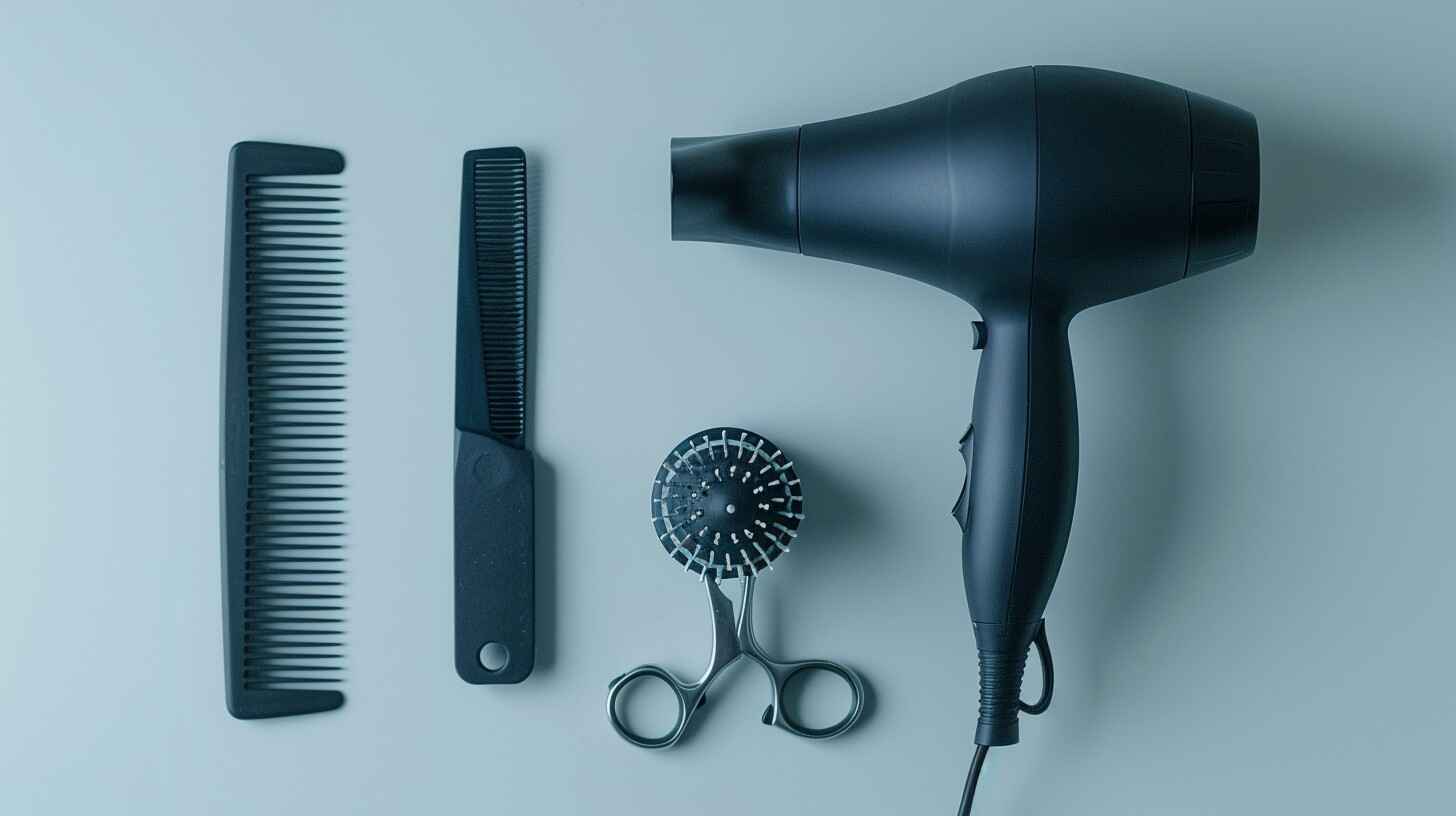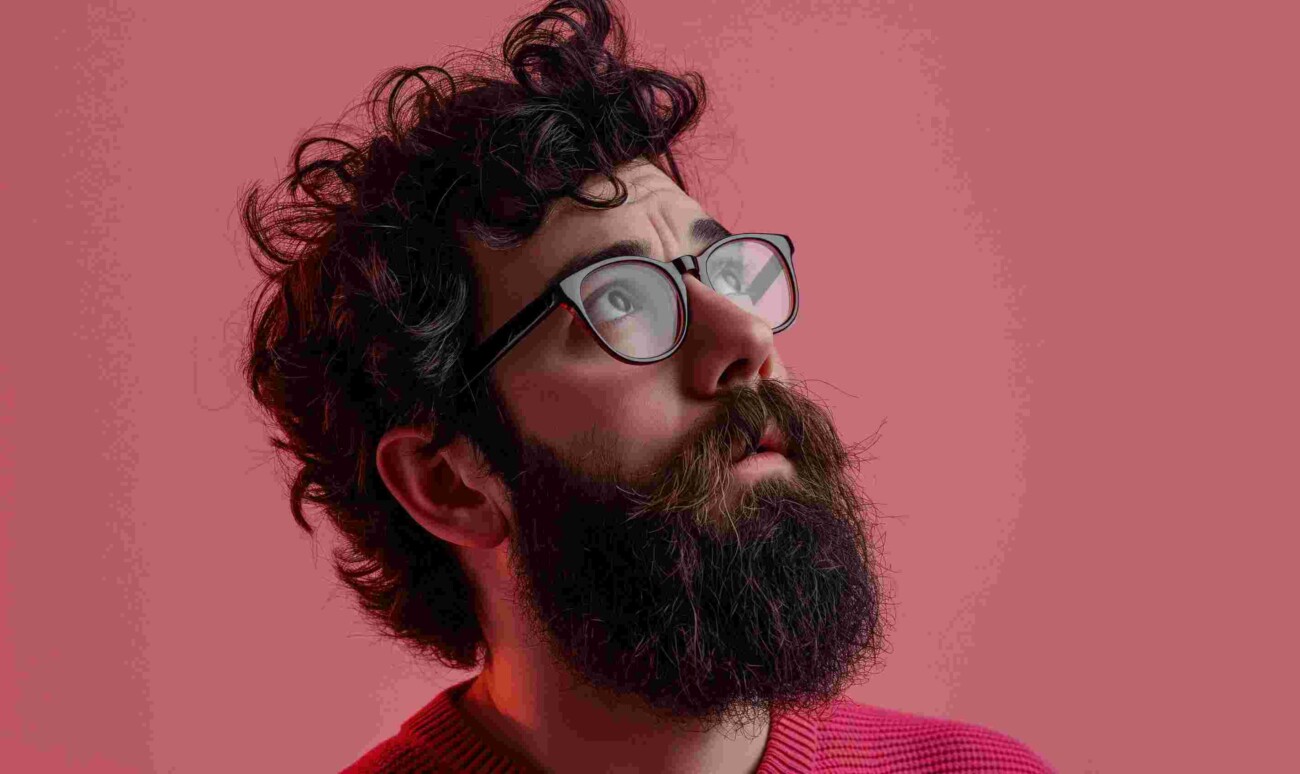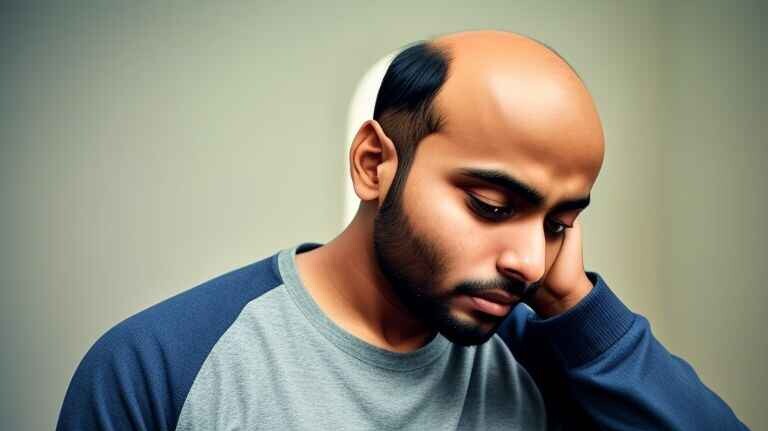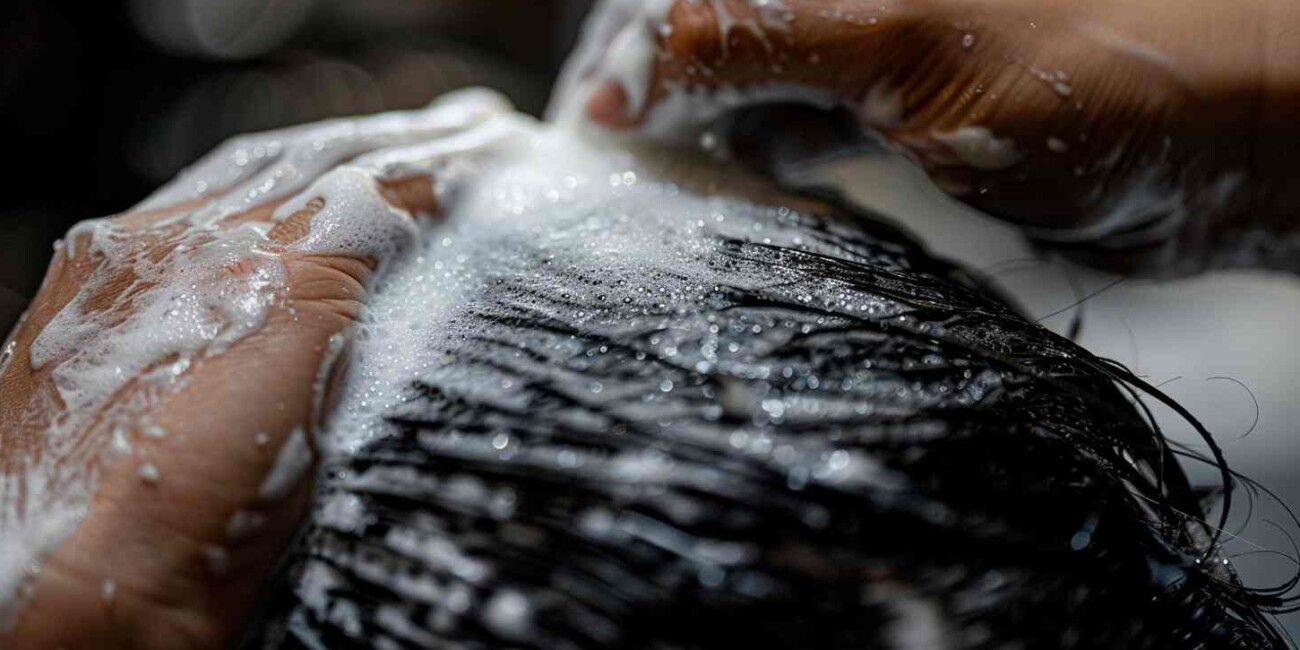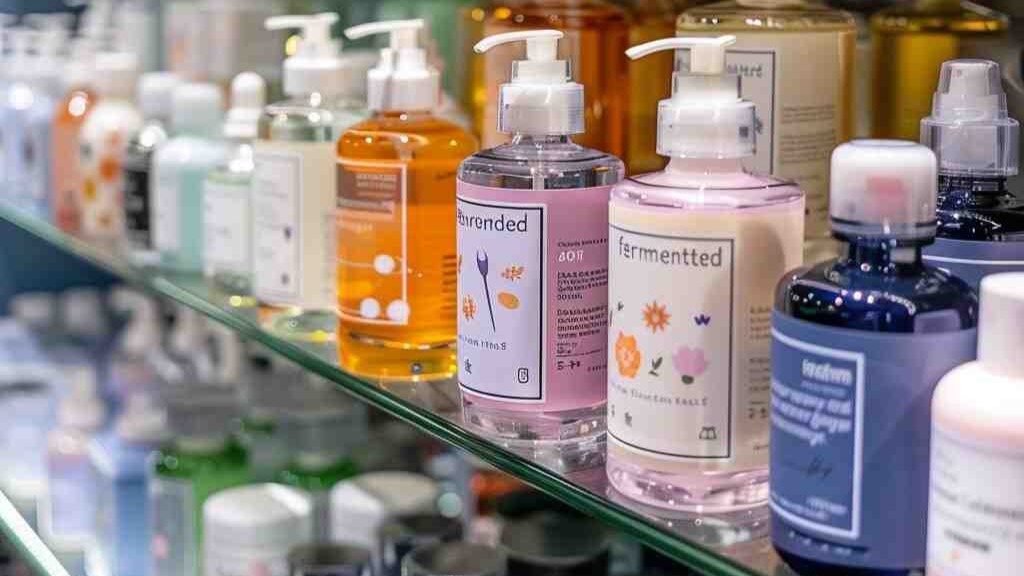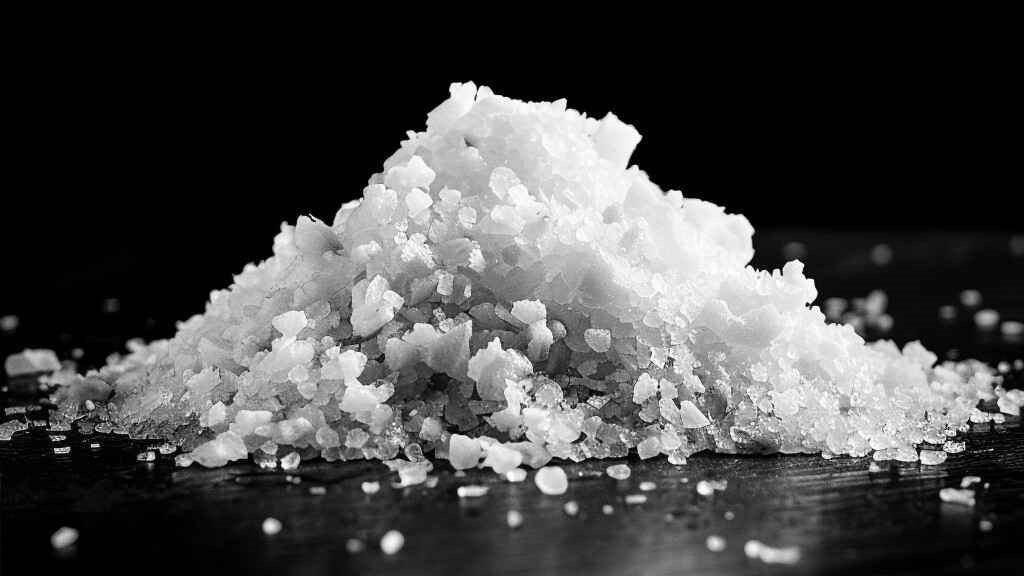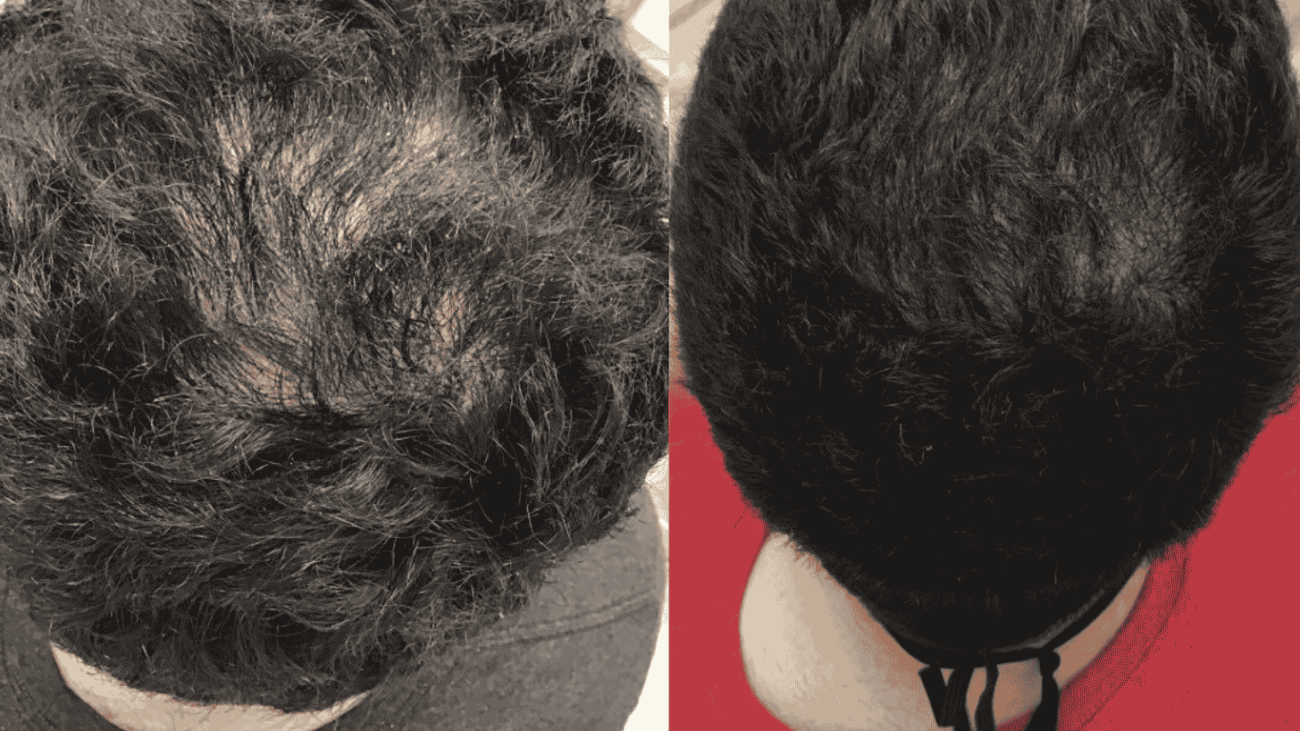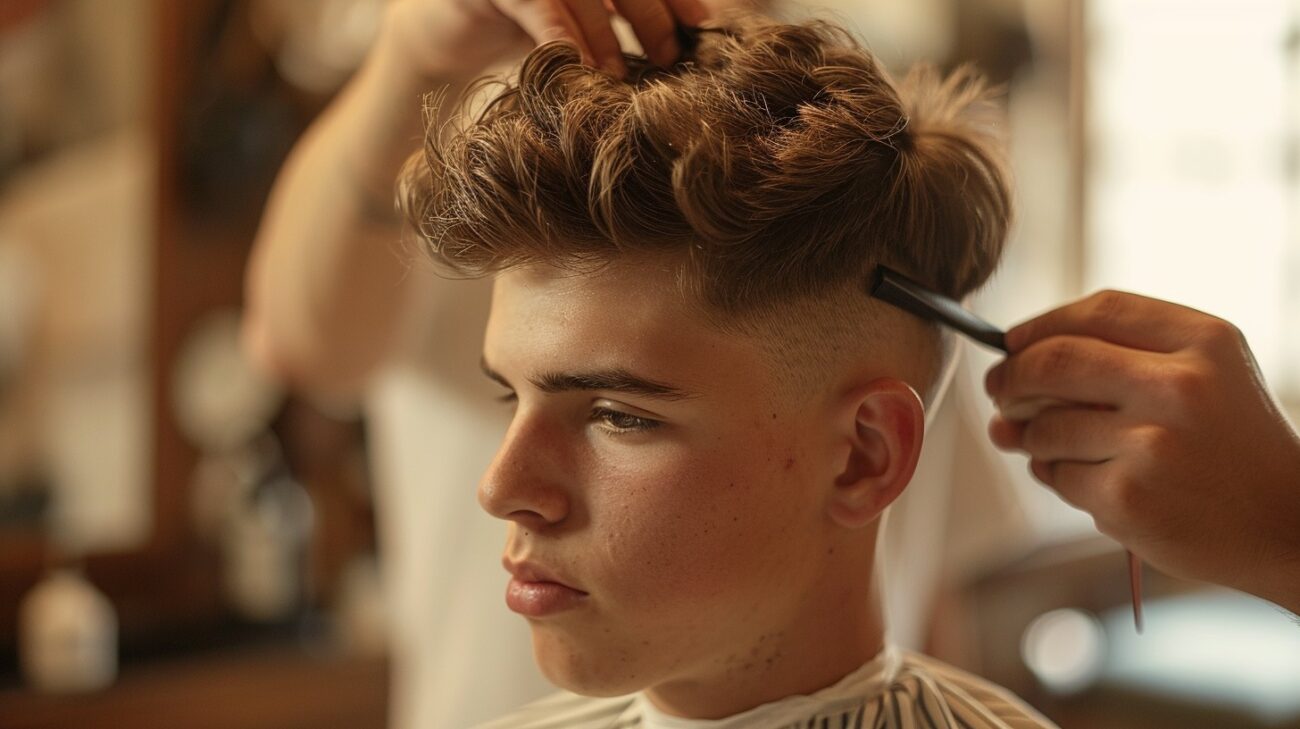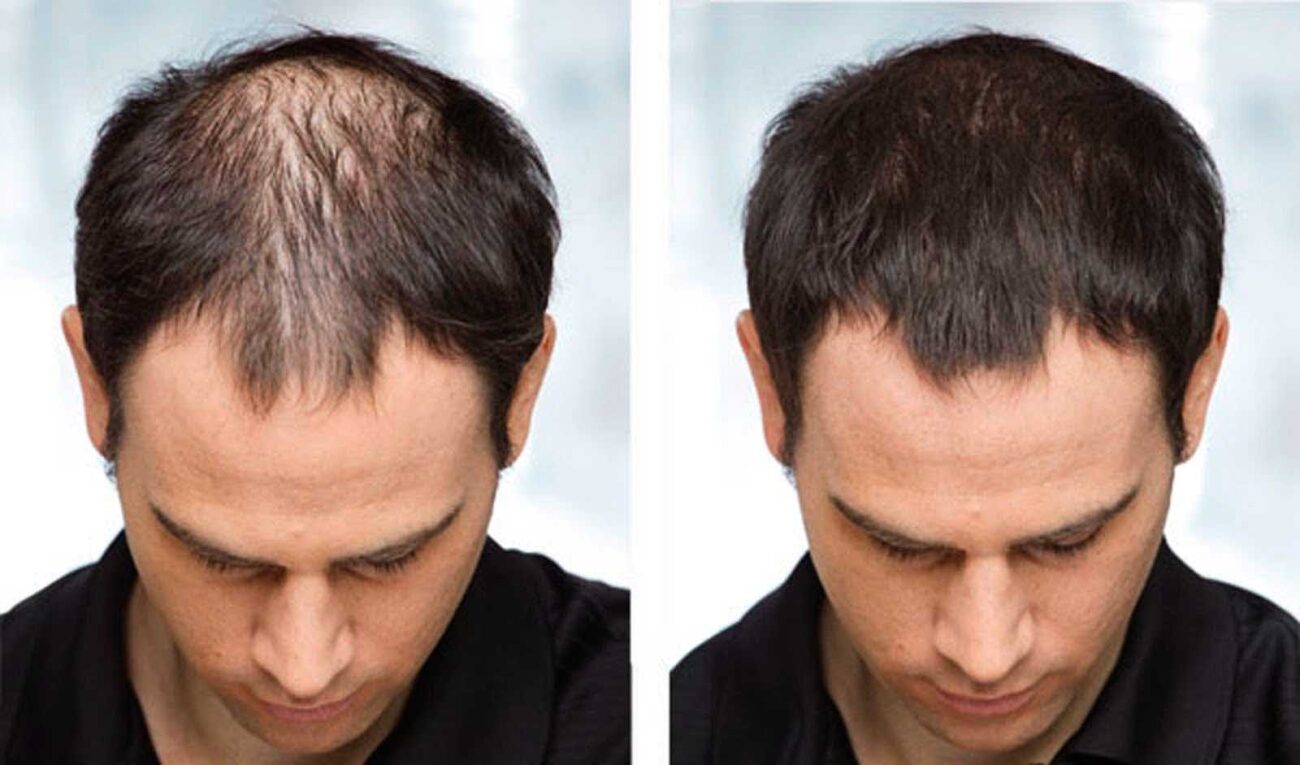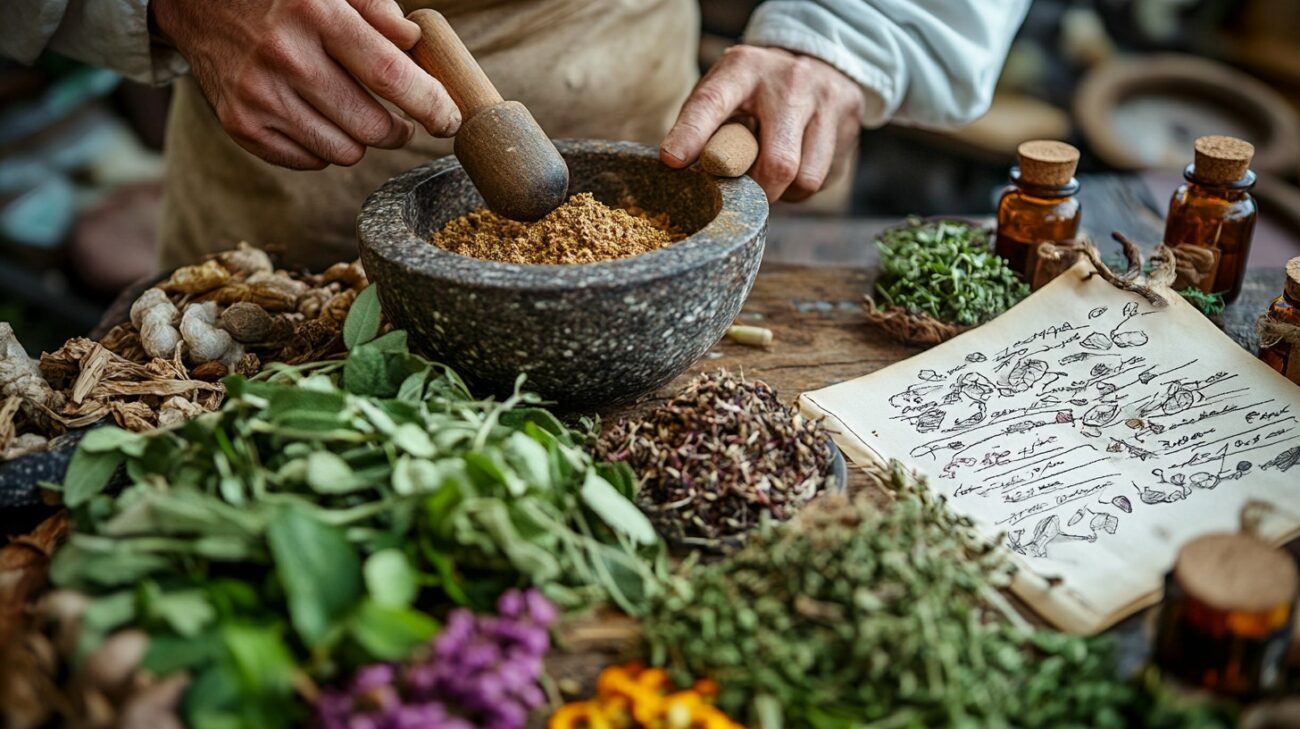Habits affect hair growth
Having dense and thick hair enhances one’s attractiveness and significantly contributes to a pleasing appearance. It’s ok to lose some amount of hair daily that gets replaced by new hair growth. But when you shed more than normal, you should definitely focus on your hair and scalp health. Healthy hair looks more vibrant and boosts your overall confidence. However, it can be quite disappointing to observe more hair strands on your pillow or in the shower drain. Let’s see what causes the hair to shed more and how our daily habits of hair care connect with it.
What Is Normal Hair Fall?
The biggest surprise is that, on average, a person can lose up to 100 hair strands a day. Naturally, the hair goes through a cycle of growth, rest, shedding, and growth, and this loop continues. But first, it’s important to understand the difference between normal shedding and significant shedding. When you notice more hair in your quilt, brush, pillow, and shower, or if your hair is visibly thinning, it could be a sign of excessive hair loss that needs attention.
Various Factors of Hair Fall
There are so many common factors that contribute to hair fall, including
- Genetics
- Hormonal imbalance
- Stress
- nutritional deficiencies
- Hairstyling habits
- Medical conditions
- Medications
- Pregnancy
- Skipping meals
- Irregular hair washing
However, the most important and developing cause is the genetic factor. Hereditary hair loss, such as baldness, is the most common complaint among all. Although everyday routines may seem harmless, certain habits can be disastrous to your hair over time. These daily practices can weaken your scalp health without consideration. Let’s check and see some causes and the reasons behind them.
Also Read: Top 5 Causes of Hair Loss with Solutions to Prevent It
1. Frequent wash
Excessive hair wash sometimes leads to hair fall. This is because overwashing can strip off the natural oil and affect the protective layer on the scalp, which is essential for retaining hair moisturization and protection. This dryness can make hair more prone to brittleness and breakage. Instead of washing the hair daily, try to reduce it to every two to three days, and use sulfate-free shampoos to avoid unnecessary chemicals.
2. Hot Water Showers
Everyone loves hot water showers for its calming and soothing effect. Hot water feels relaxing, but it won’t go well with your hair. Like skin, bathing in hot water can open up the hair cuticles and strip out the natural oils and moisture. Over time, this can make hair more prone to breakage and shedding. Instead of washing hair with hot water, try to wash your hair with mild, lukewarm or cold water, which helps to maintain the hair’s moisture balance.
3. Aggressive Towel Drying
Rubbing your hair vigorously with a towel may pull and tug at the hair strands. It seems like a quick way to dry it, but it’s actually one of the worst things you can do for your hair. Wet hair can be fragile and aggressive towel drying can lead to breakage and split ends. Instead of wiping the towel on the hair vigorously, gently pat dry with the towel and squeeze out excess water. And most importantly, let the hair and scalp dry on their own.
4. Excessive Use of Heat Styling Tools
Using heating and styling tools more often can be harmful to the hair. In that case, heat styling tools like hair straighteners, curling wands, and hair dryers may give your hair a polished look, but they can cause long-term damage. Frequent use of tools might weaken hair, leading to dryness, breakage, and eventually, hair falls. Always use a heat protectant spray and try to limit heat styling to a few times a week, if you can’t skip the heat styling.
5. Tight Hairstyles
Putting tight hairstyles like tight ponytails, braids, or buns can lead to a condition called traction alopecia. When the hair is pulled back tightly and repeatedly, the constant pressure on the scalp weakens the hair roots and causes hair to pull out, eventually. Go for loose hairstyles as the hair gets some breaks to rest and settle down.
6. Using unsuitable Hair Products
Some chemical-rich products like shampoos, conditioners, and styling products can be harsh on your scalp and hair. Using too many chemicals like sulfates, parabens, and alcohol-based ingredients can soon kill the natural elements on the scalp which dry out your hair. This may not seem a big deal, but frequent usage can stop hair growth gradually. practice natural rich or organic products that are free from these harmful ingredients to ensure your hair’s health and strength.
7. Skipping Hair Protection Outdoors
Like how skin needs sunscreen, your hair needs some protection too, because it can suffer from environmental exposure. Sunlight, wind, and pollution can all influence hair damage. One of the frightening and challenging things is the harm of UV rays. These UV rays effortlessly cause hair growth and sooner or later affect the health of the hair’s strength. So, wearing suitable hair protection items like hats or products like leave-in conditioners with SPF can protect you from hair conditions.
8. Poor Diet
Eating junk foods can affect the overall body metabolism. Like they say,” You sow what you reap”, what you eat can reflect in your hair, too. A lack of nutrients like protein, iron, calcium and vitamins can stop hair growth. Nutrients like biotin, vitamin E, and omega-3 fatty acids are especially important for hair growth and strength. These nutrition-rich foods can help the overall metabolism, leading to better absorption of nutrients. Eating plenty of fruits, vegetables, lean proteins, and healthy fats can be a fuel for your hair to strengthen.
9. Stress and Hair Loss
One of the developing and common conditions for younger generations is stress. The constant worrying and stressing too much can lead to a lack of nutrient absorption. This can be a major miss for proper hair growth. The body’s mechanism can stop to grab the essential nutrition and redirect to some other parts of the body. A lot of energy is wasted during stress and this stops scalp development. This can lead to a condition called telogen effluvium, where hair follicles prematurely enter the resting phase and fall out. Managing stress and mood swings through relaxation techniques, exercise, or meditation can significantly improve your hair health.
10. Not washing properly
Not washing the hair properly also makes the hair fall, because, if not cleaned properly, the scalp starts to form residues and that condition often indicates constant itching leading to rashes or allergies. Like skin, your hair also needs a good cleanse and exfoliation to open up the pores. So go for the natural cleansing shampoos to make the scalp work with ease, for retaining better moisture and health. An appropriate wash after oiling and a good massage improves the overall health of the hair and scalp, which works like magic.
Also Read: How to Grow a Beard Naturally
How to Reverse Damage and Improve Hair Health
Now that we’ve identified the habits imparting to hair fall, it’s time to take action. Here are some tips to restore your hair’s health:
- Use gentle, sulfate-free shampoos and conditioners.
- Avoid excessive heat styling and tight hairstyles.
- Incorporate scalp massages and oil treatments into your routine.
- Eat a balanced diet rich in vitamins and minerals.
- Manage stress with relaxation techniques.
Your daily habits can either help or hurt your hair. While some hair loss is normal, excessive shedding could be a sign that your routine needs a few adjustments. By making simple changes like washing your hair less frequently, being mindful of heat styling, and protecting your hair from environmental damage. You can improve your hair’s health and reduce unnecessary hair fall. Check out our previous and upcoming blogs for more information. Take our test assessment to self-evaluate your hair condition. Your health is our concern.
FAQs
1. What vitamins help reduce hair fall?
Vitamins like biotin, vitamin D, and vitamin E are known to support healthy hair growth and reduce hair fall.
2. Can hair grow back after heat damage?
Yes, hair can recover from heat damage over time, especially if you reduce heat exposure and use nourishing hair treatments.
3. How often should I wash my hair to avoid hair loss?
Washing your hair every two to three days is usually sufficient to maintain scalp health without causing excessive dryness or hair loss.
4. Do genetics play a bigger role than daily habits in hair loss?
Genetics certainly play a significant role in hair loss, but daily habits can either accelerate or slow down the process.
5. Is stress-related hair loss permanent?
Stress-related hair loss is usually temporary. Once stress is managed and reduced, hair typically grows back over time.
habits that affect hair growth, habits that affect hair growth, habits that affect hair growth, habits that affect hair growth.






